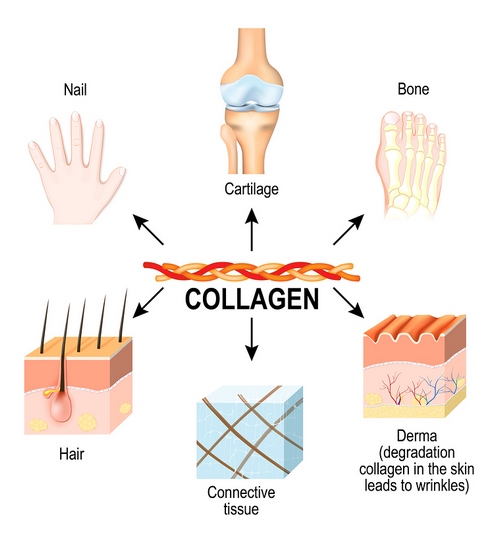Your shopping cart is empty!
Human growth hormone or HGH is the body’s own product which is produced from the anterior pituitary. It is known to regulate metabolism, boost the growth of most tissues and not just muscles. HGH is a tissue-building hormone that increases the transport of specific amino acids to cells. It accelerates protein synthesis and affects the fluid balance in the body.
Since HGH affects every metabolic pathway to an extent, and growth of most tissues and organs, it has more adverse effects than anabolic steroids if used unwisely. However, when used with right understanding and planning, it could be a potent way to boost athletic performance. It can do many things that anabolic steroids can’t because It acts in a very different way.
Synthetic HGH was discovered in 1985 and approved by the FDA to be used for many medicinal purposes. HGH has gained popularity not only among sportspeople or athletes. It also has anti-aging properties too. Although it is not approved for such uses, many antiaging programs use HGH regularly. Check how an HGH cycle looks like: HERE (HGH CYCLE).
 Collagen definition
Collagen definitionCollagen is the most abundant protein in the human body that make the one-third of all the proteins in the body. It is the major component of connective tissues, and it is responsible for many functions, including improvement of skin health and strengthening of the bones.
Due to its rigidity and resistance to stretching, collagen is the perfect matrix for skin, tendons, bones, and ligaments.
Being a protein, collagen is closely interrelated with HGH. Obviously, collagen production concerns human growth hormone. Let’s investigate its practical implications.
The process of collagen production is a complex orchestration of intracellular and extracellular events. It mainly occurs in the cells of fibroblasts which are specialized cells and possess the function of synthesizing collagen and stroma. Collagen synthesis exerts synergistic effects on HGH.
At the same time, HGH is an anabolic hormone. It builds and repairs tissues such as collagen and muscle tissues throughout the body.
Since your production of HGH and collagen slow down as you age, it is necessary to help your body to improve this condition using synthetic substances. In short, to fight aging, boost muscle performance, you need to increase the production of collagen, and HGH can help to do that.
Thus, the effects of HGH on collagen production can contribute to improved physical performance, and slowdown in aging processes.